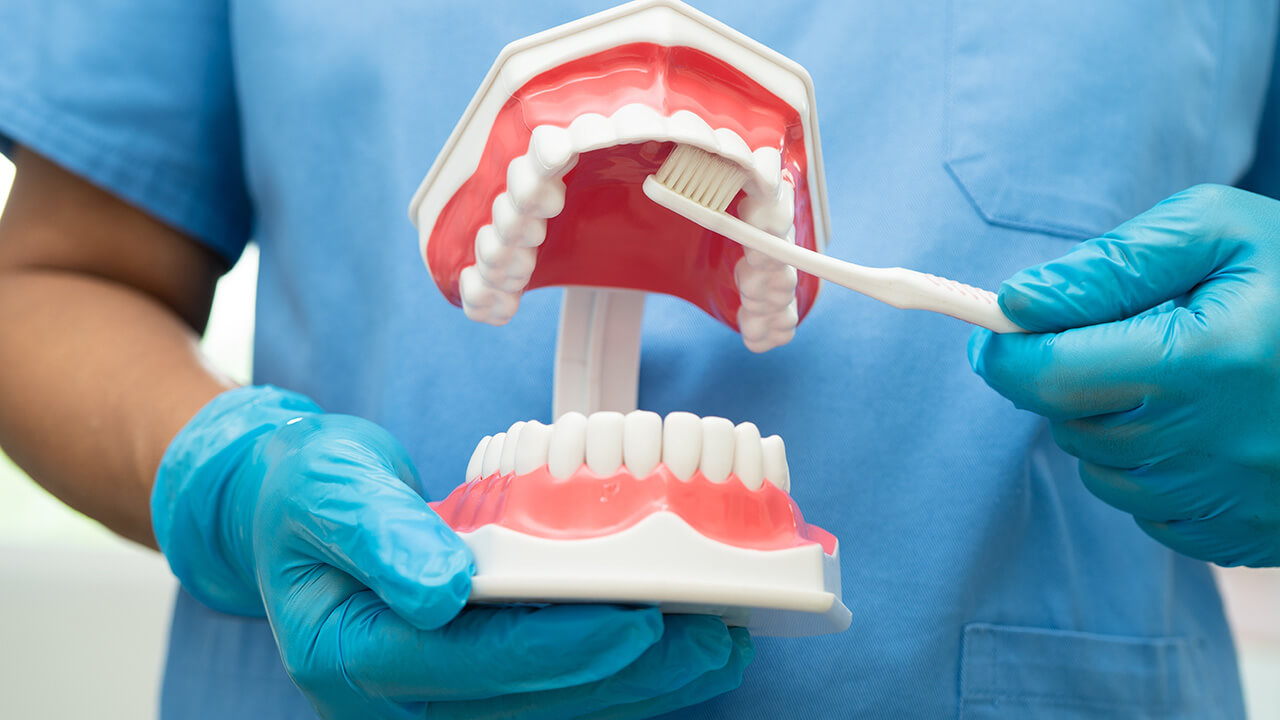The Role Of Preventive Dentistry In Reducing Oral Health Inequalities

Oral health disparities affect many in our communities. These disparities lead to severe health problems and emotional struggles. Preventive dentistry is crucial in narrowing this gap. It focuses on keeping your teeth healthy before problems arise. Regular check-ups, cleanings, and education empower you to take charge of your oral health. This approach not only saves on costly treatments later but also fosters overall well-being. A North Dallas dentist emphasizes the power of preventive care to boost dental health for everyone. No matter your background, preventive measures can make a real difference. Access to these services should not be a luxury. It is a necessity that promotes a healthier life. By focusing on early interventions, we can tackle the root causes of oral health inequality. It’s about creating a future where everyone has the chance to smile with confidence. The role of prevention is clear and essential in achieving this goal.
Understanding Preventive Dentistry
Preventive dentistry involves practices that maintain oral health. These include regular dental visits, cleanings, fluoride treatments, and sealants. It also involves educating you about effective brushing and flossing techniques. With these tools, you can prevent cavities, gum disease, and other dental issues. According to the Centers for Disease Control and Prevention (CDC), preventive dentistry is the best way to keep your teeth and gums healthy throughout your life.
Impact of Oral Health Inequalities
Oral health inequalities exist when certain groups do not have the same level of care access. These groups often include low-income families, racial and ethnic minorities, and rural populations. Barriers to care can result in untreated cavities, gum disease, and tooth loss. These problems can cause pain and infection, affecting your ability to eat, speak, and socialize. The emotional impact can also harm your self-esteem and quality of life. Ensuring everyone has access to preventive care can bridge this gap.
Importance of Access to Care
Access to preventive dentistry services is crucial. Yet, many face obstacles such as lack of insurance, transportation issues, and limited availability of providers. Programs that offer affordable or free dental care can make a significant difference. Public health initiatives aim to provide these services to underserved communities, reducing the burden of oral diseases. The Health Resources and Services Administration (HRSA) supports programs that expand access to oral health services, ensuring that more people receive the care they need.
Preventive Measures and Their Benefits
| Preventive Measure | Benefit |
|---|---|
| Routine Dental Check-ups | Detect problems early, save costs |
| Regular Cleanings | Reduce plaque, prevent cavities |
| Fluoride Treatments | Strengthen enamel, prevent decay |
| Dental Sealants | Protect chewing surfaces, prevent cavities |
Taking Action to Reduce Inequalities
Communities can reduce oral health inequalities through education and outreach. Schools and community centers can provide educational programs to teach proper oral hygiene. Awareness campaigns can inform you about the importance of regular dental visits. Local dental clinics can offer free or reduced-cost services on certain days to increase access. By working together, we can ensure that everyone benefits from preventive dentistry. Everyone deserves a healthy smile without the burden of inequality.
The Path Forward
The journey towards reducing oral health inequalities requires cooperation among healthcare providers, policymakers, and communities. Investing in preventive dentistry today can prevent more severe issues tomorrow. This approach saves money and improves overall health and well-being. By prioritizing preventive measures, we help ensure a future where oral health disparities are a thing of the past. Everyone has a right to a healthy, confident smile. Building that future starts with prevention.





